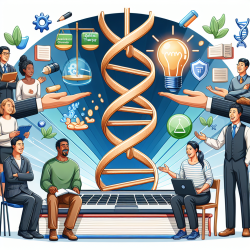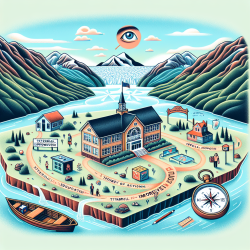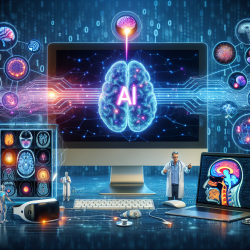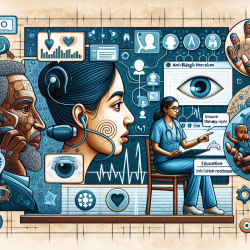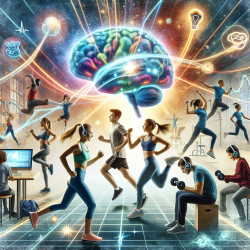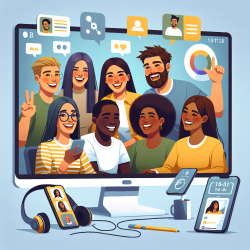As Special Education Directors, we are tasked with ensuring that our educators are equipped with the skills and knowledge necessary to foster an inclusive and engaging learning environment. One area that holds significant promise is the integration of critical literacy with genetics education, as demonstrated in the research article "Using Critical Literacy to Explore Genetics and its Ethical, Legal, and Social Issues with In-Service Secondary Teachers" by Gleason, Melançon, and Kleine (2010).
The research highlights an interdisciplinary course designed to enhance the genetics content knowledge and critical literacy skills of secondary English and biology teachers. This approach not only broadens their understanding of the Human Genome Project (HGP) but also encourages them to critically evaluate the ethical, legal, and social implications (ELSI) associated with genetic discoveries.
Here are some key takeaways and actionable strategies from the research that can help practitioners improve their skills:
- Adopt a Critical Literacy Approach: Encourage educators to go beyond the literal text and examine the underlying messages related to equity and fairness. This involves questioning the implicit attitudes, values, and beliefs conveyed by various texts.
- Interdisciplinary Collaboration: Promote collaboration between different content area specialists, such as biologists, linguists, and educators, to create a more comprehensive learning experience. This can lead to a deeper understanding of complex topics like genetics.
- Engage in Active Reading and Writing: Foster an environment where educators actively read, critically write about, and use evidence to support their conclusions on issues arising from advances in human genetics. This helps in developing robust critical thinking skills.
- Utilize Diverse Assessment Tools: Implement various assessment techniques such as essays, concept maps, peer reviews, and group discussions to gauge and enhance the critical literacy and genetics knowledge of educators.
- Incorporate Real-World Applications: Use real-world scenarios and case studies, like the film "GATTACA," to help educators and students understand the practical implications of genetic research and its societal impact.
By integrating these strategies, educators can significantly improve their critical literacy skills and, in turn, positively influence their students' learning experiences. This holistic approach not only enhances professional and intellectual development but also prepares students to navigate the complexities of modern scientific advancements.
For those interested in delving deeper into this research and exploring the full details, you can read the original research paper by following this link: Using Critical Literacy to Explore Genetics and its Ethical, Legal, and Social Issues with In-Service Secondary Teachers.
